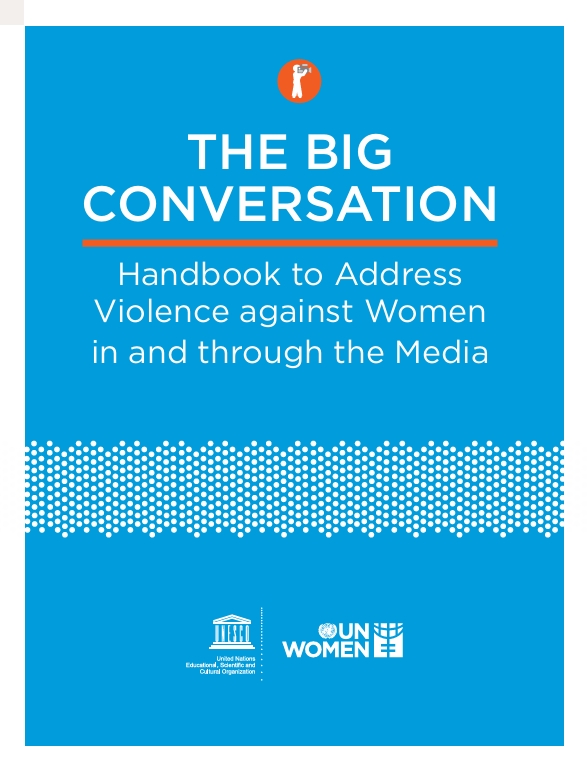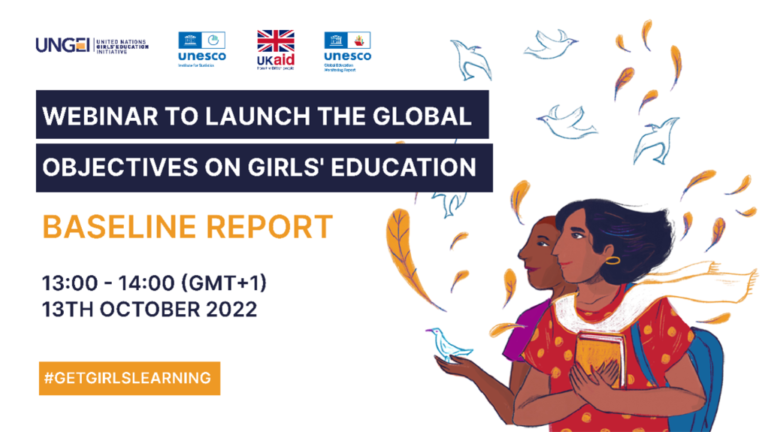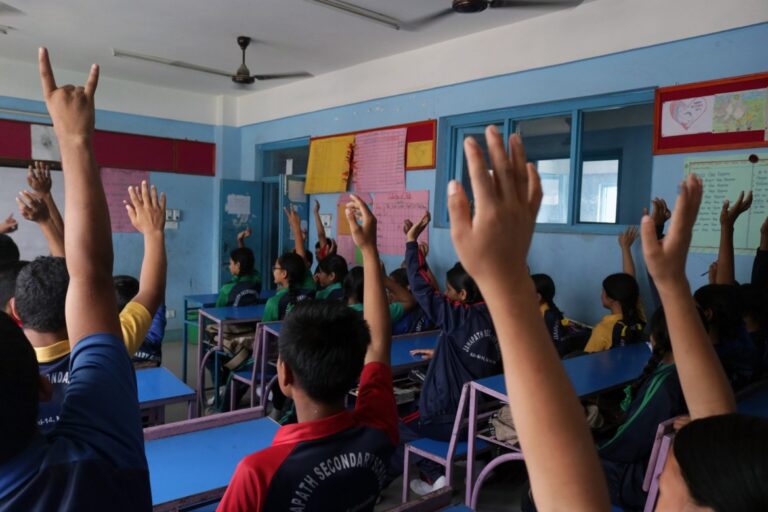Story Source: Brookings ~ Go to Original Article
Now is a pivotal moment for early childhood education (ECE) in India. India’s draft National Education Policy (NEP), made public in June 2019, dedicates its first chapter to the importance of early childhood care and education and the need to extend the right to education to children ages three to six. The policy does not, however, address equity and inclusiveness in the early years with respect to gender. Currently, the policy takes a gender-blind approach and overlooks the need for gender-sensitive pedagogies or to challenge gender stereotypes in class or at home. This lack of attention to gender in the early years risks missing a critical opportunity to address harmful gender stereotypes that fuel gender-based violence and discrimination plaguing the country today.
There is scant research in India that systematically documents the early childhood learning environment in homes and schools regarding prevalent gender inequalities and norms. To address this gender gap in ECE, my forthcoming research as a 2019 Echidna Global Scholar explores gendered realities in the child’s early years and outlines concrete steps to promote gender transformation in early childhood…..………………….……………………..



